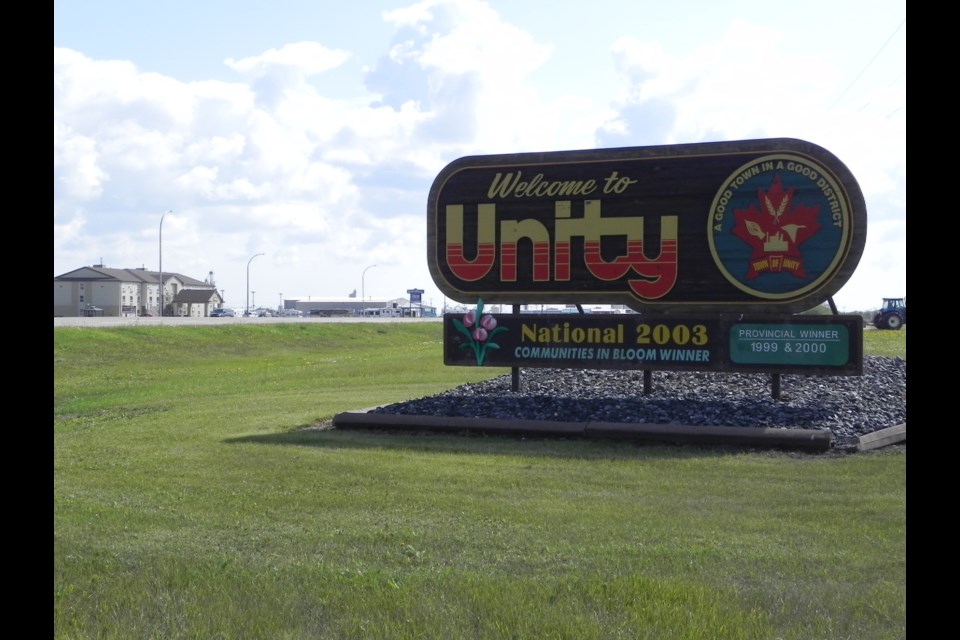UNITY — Various details and data from the 2021 Statistics Canada census continues to be released weekly, but the population counts are out. Those counts for the towns and villages in the Press-Herald reading area reveal a decline in population, with the town of Scott being the only one to buck the trend.
The largest centre, the town of Unity’s population was 2,496 in 2021 compared to the 2,573 individuals counted in the 2016 census, a decrease of three per cent. Wilkie’s decline was two per cent, at 1,195 compared to 1,219 in 2016. Macklin lost over 100 residents, dropping from a count of 1,374 to 1,247, a nine per cent decrease.
Kerrobert’s population dropped to below a thousand, with 970 individuals counted as opposed to 1,026 in 2016. Luseland went from 623 to 559, Cut Knife from 573 to 547.
Denzil actually had the smallest percentage decrease, going from 143 in 2016 to 140 in 2021, while the village of Senlac dropped from 41 to 36.
Although it only grew by one resident, the town of Scott recorded a population increase, from 73 to 74.
The general decline in population is mirrored in two of the three larger centres close to us. North Battleford’s population went down by 3.3 per cent, from 14,315 in 2016 to 13,836 in 2021, while Kindersley registered a smaller drop of 0.7 per cent, to 4,567 from 4,597. Lloydminster’s population on the other hand increased slightly, by less than one per cent on both the Alberta and Saskatchewan sides.
Some of our residents may have moved to the big city. Saskatoon recorded a 7.7 per cent increase in population, rising to 266,141 residents from the 247,201 living there five years earlier.
One of the data points measured by StatsCan was the language predominantly spoken at home by Canadians. Nationwide 4.6 million people speak a main language at home that is not English or French, including 8.1 per cent of Saskatchewanians. While on both the East and West coasts, the main other language spoken at home is Mandarin, in Saskatchewan and Manitoba, it is Tagalog (Pilipino, Filipino).
This statistic is mirrored in the town of Unity where half of the 80 individuals whose primary language at home is not English speak Tagalog. The other languages spoken at homes in Unity include Malayalam (an Indian dialect), Indo-Iranian and Indo-European.




